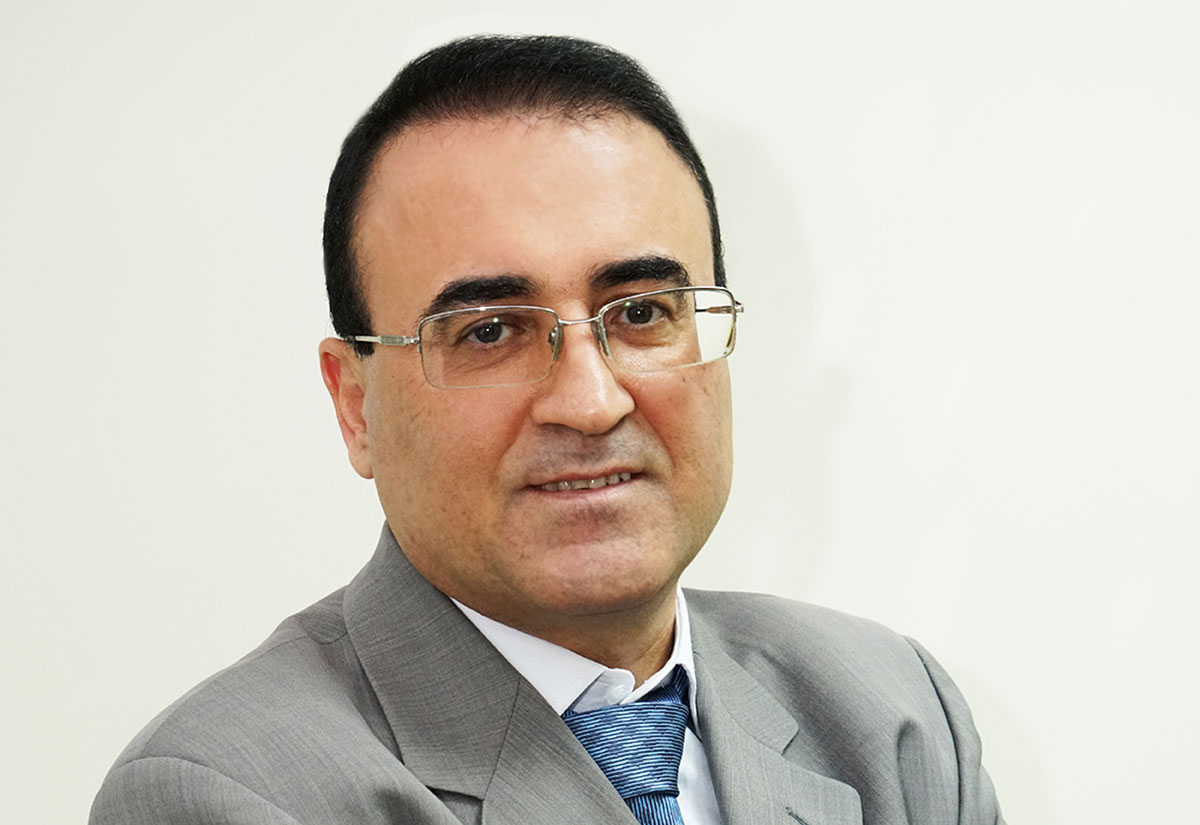VAT Implementation In KSA And UAE: A Firsthand Impression

Some businesses are yet to fully understand the proper application of VAT on goods and service, writes Nidal Abou Zaki, Managing Director, Orient Planet Group
The six GCC member states approved the GCC Value Added Tax (VAT) Treaty, also known as the Framework Agreement in 2016, which effectively ended the zero-tax environment in the region. This new form of taxation system provides the GCC governments with another source of income as they move to reduce their heavy dependence on oil receipts.
The UAE and Saudi Arabia were the first two countries to implement VAT beginning January 1, 2018, followed by Bahrain, which deployed the new system at the start of this year. Overall, the implementation has reportedly been smooth, but challenges have naturally emerged, with some concerns still being addressed until today.
More than a year after the implementation of the system in both Saudi Arabia and the UAE, for instance, some businesses are yet to fully understand the proper application of VAT on goods and services, resulting in several compliance errors. Instead of the immediate imposition of penalties due to these mistakes, tax authorities have instead focused on raising the awareness about proper adherence to the provisions of the VAT law. Nonetheless, businesses mandated to register for VAT but are still facing issues today need to be proactive to eventually increase their compliance level.
Admittedly, the private sector still needs assistance in terms of correct compliance with different tax treatments. This entails making investments in VAT-compliant automated solutions and increasing their capacity and knowledge when it comes to integrating the taxation system into their overall processes and procedures. Moreover, companies have been strongly advised to collaborate with tax and financial experts to help them timely and properly prepare their VAT returns.
In terms of inflationary impact, a report by PwC Middle East Economy Watch stated that the effects in both Saudi Arabia and the UAE “have largely been contained.” More importantly, revenues from VAT have exceeded expectations according to available data.
According to the Kingdom’s preliminary fiscal outturn data in December last year, the VAT collection in 2018 amounted to USD 12.2 billion, which was reportedly higher than what the government had initially expected. In the UAE, the total amount raised during the same period was AED 27 billion, higher than the government's target of AED 12 billion and 2019 goal of collecting AED 20 billion.
The figures are expected to improve this year as both countries expect that increased awareness of VAT provisions in their respective territories will help bridge gaps and improve compliance.
Intensified awareness campaigns are still in place to educate both consumers and companies about VAT. Workshops and seminars for businesses are helping them be more confident when making the necessary reforms within their respective organizations. These initiatives enable them to sustain growth under the relatively new VAT regime.
Undoubtedly, patience, cooperation, and willingness to make investments in the right tools are in order to make the full transition to the VAT system highly successful in the region.
Nidal Abou Zaki, Managing Director, Orient Planet Group
Brand View allows our business partners to share content with Arabian Business readers.
The content is supplied by Arabian Business Brand View Partners.
Emicool Secures First-ever Green Financing To Boost Sustainable Growth
The liquidity generated will be strategically deployed to accelerate the company’s district cooling projects across t... Read more
UAEs Ruya Becomes First Global Islamic Bank To Offer Shariah-compliant Crypto Trading
Digital Islamic bank ruya teams up with Fuze to offer secure, ethical crypto investments aligned with Islamic financial... Read more
Startups In Abu Dhabis Hub71 Secured $2.17bn In Funding Last Year
Hub71 startups in Abu Dhabi saw massive increase in funding in 2024 as innovation economy thrives Read more
UAE Fintech Pay10 First To Launch On Central Banks Open Finance Framework
The company has acknowledged the Central Bank of the UAE's crucial role in facilitating a responsible and secure rollou... Read more
PayPal Expands In MEA Region With Its Newly Launched Hub In Dubai
Will serve 80 countries in Middle East and Africa from its Dubai Internet City hub; Has signed several deals with regio... Read more
New Board Certifies DMCC Tradeflow As Fully Shariah Compliant
Shariah Supervisory Board appointed to oversee Tradeflow’s Islamic finance offering; Certified fully-compliant with A... Read more

